It is a new year, full of hope for the Nigerian economy. Virtually all projections from across the world and within the country foresee 2017 to play out a better year than 2016.
In 2016, Nigeria plunged into its worst economic recession in nearly three decades, and is expected to come out of recession in 2017. But how exactly, does the Nigerian economy stand, on the first trading day of 2016?
TheCable takes a look at a number of economic indices that are expected to define the country’s economic health at any point in time.
NAIRA TRADES AT 490 PER DOLLAR
Advertisement
The naira is opening at about the same price it closed 2016 at. The local currency is currently trading at 490 to the greenback at the parallel market. On the official side of the market, the naira closed the first trading day of 2016 at a stronger 304 per dollar.
The British pound and Euro went for 383 and 325 respectively, while the parallel market exchanged the same at 590 and 510 respectively.
FOREIGN EXCHANGE RESERVES
Advertisement
On Tuesday, Nigeria’s foreign exchange reserves stood at $25,781,627,911, — CBN’s latest values, which were from December 29, 2016 — about $3 billion less than its opening value in 2016, which was $29,069,779,152.
This is as against $34 billion in January 2015.
BONNY LIGHT (OIL) PRICE
Crude oil prices are on the rise across the globe, and this has its own direct effect on Nigeria’s earnings as an oil-dependent economy.
Advertisement
In 2016, the nation saw crude oil prices opening the year at weaker positions — but that is not the case for 2017, which is seeing oil prices at recent record high.
According to CBN, Bonny crude, which is priced in line with Brent crude was trading at $37.19 in 2016, but trades above $58 on the first trading day of 2017.
NSE OPENS RED
The Nigerian Stock Exchange, rated by Bloomberg as the worst performing bourse of 2016, opened 2017 on a low. It recorded a decline of 0.96 percent from its 2016 closing value.
Advertisement
All share index (ASI) fell to 26,616.89 points, while the market capitalisation, which shows the value of the stock exchange, stood at N9,158,242,792,415.32 — N600 billion less than its opening value in 2016.
BENCHMARK RATES
Advertisement
The nation’s benchmark rates remain largely the same in the new year. Monetary Policy Rate (MPR) stood at 14 percent, inflation rate stood at 18.48 percent.
President Muhammadu Buhari has all his hopes in the 2017 budget, having expressed confidence that it would steer the country out of recession.
Advertisement
3 comments

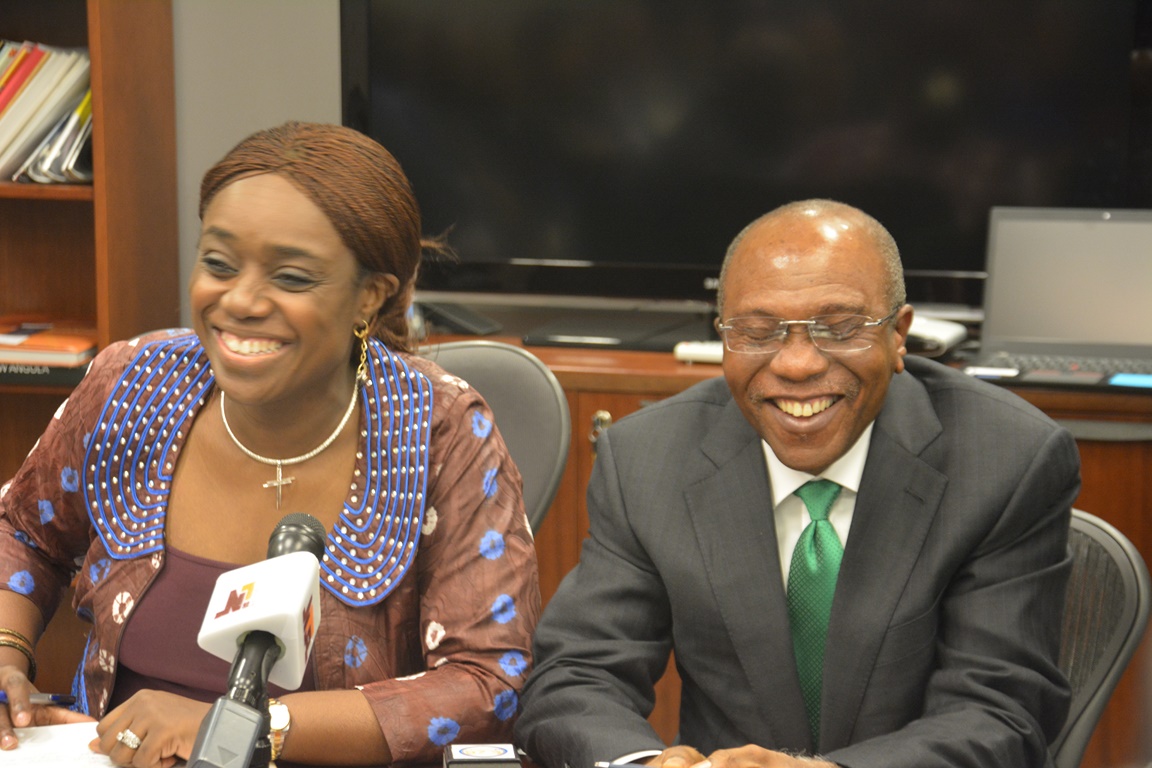
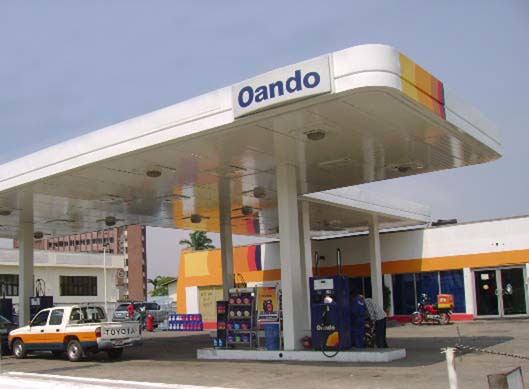
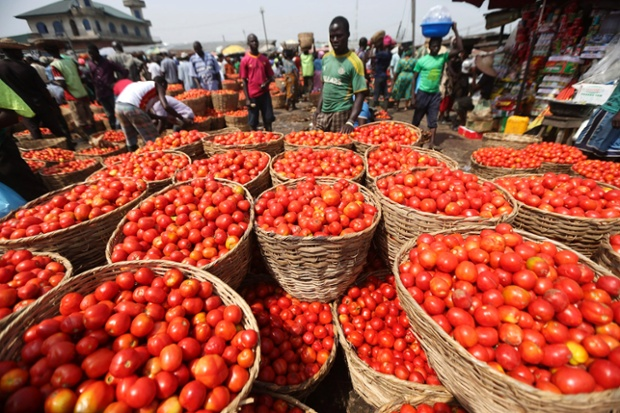
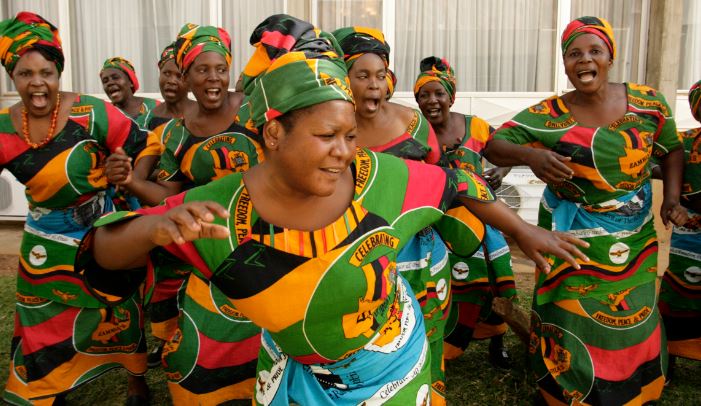
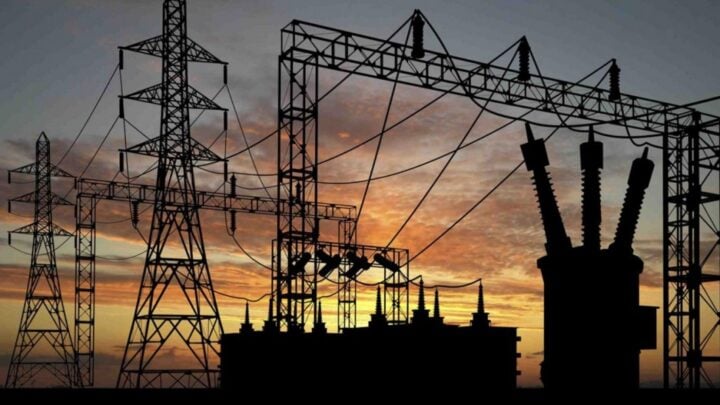


It is hope rising for Nigeria. The experience of last year is quite demeaning. With a dogged approach to keep things under control. Nigeria will see good days.
Nigerians are optimistic that the state will move out of recession in 2017, poverty and forex resolved especially with the determination of Mr President and his focussed economic team.
PMB have got a good economic team? We’re now in recession, by the third quarter of 2017, Nigeria is likely to dip into depression.
Nigerians voted for change of suffering, and that change to come is DEPRESSION.